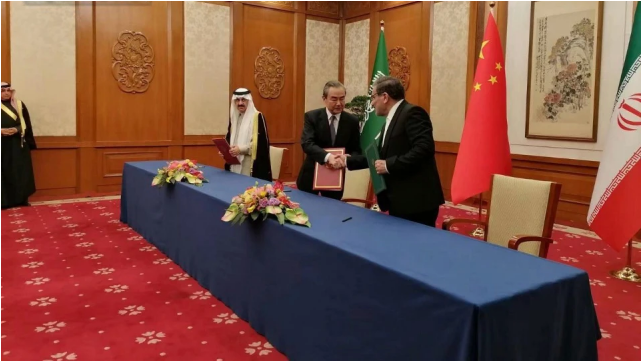Suppose the Israeli defense establishment, the prime minister, and the inner security cabinet decide that Iran’s uranium enrichment at 84 percent, close to what’s needed for a nuclear weapon, and its progress in weaponizing a warhead is making a nuclear breakout imminent. They share the information with their ally, the United States, which has promised never to allow Iran to have a nuclear weapon. What next?
Although America is unhappy that China appears to be the new kingmaker in the Middle East, having brokered a deal for Iran and Saudi Arabia to restore diplomatic ties, it may conclude the region is more stable, at least for the short term, with the adversaries talking and less saber-rattling. Perhaps the Biden administration thinks this diplomacy has created an opportunity to convince Iran to rejoin the nuclear agreement known as the Joint Comprehensive Plan of Action (JCPOA). Negotiations regarding the JCPOA have been suspended, but President Biden’s Iran envoy, Robert Malley, has not given up his attempts at diplomacy.









